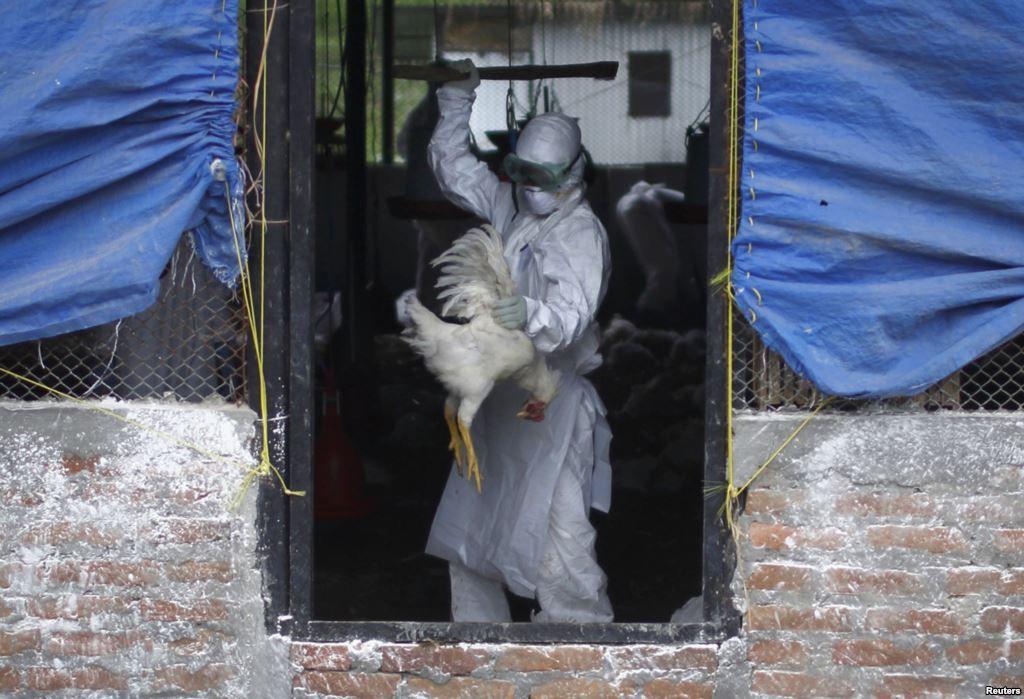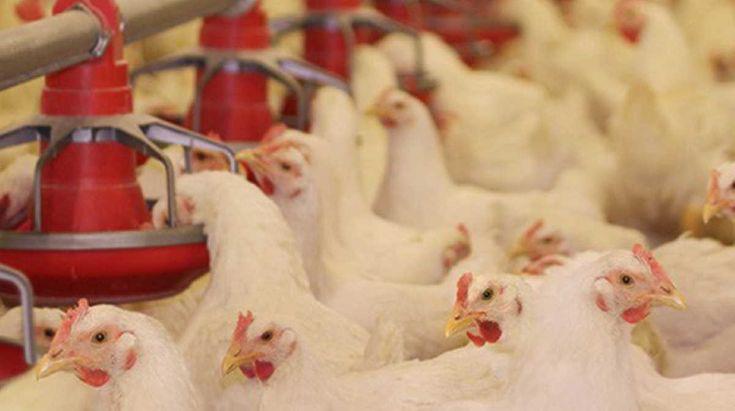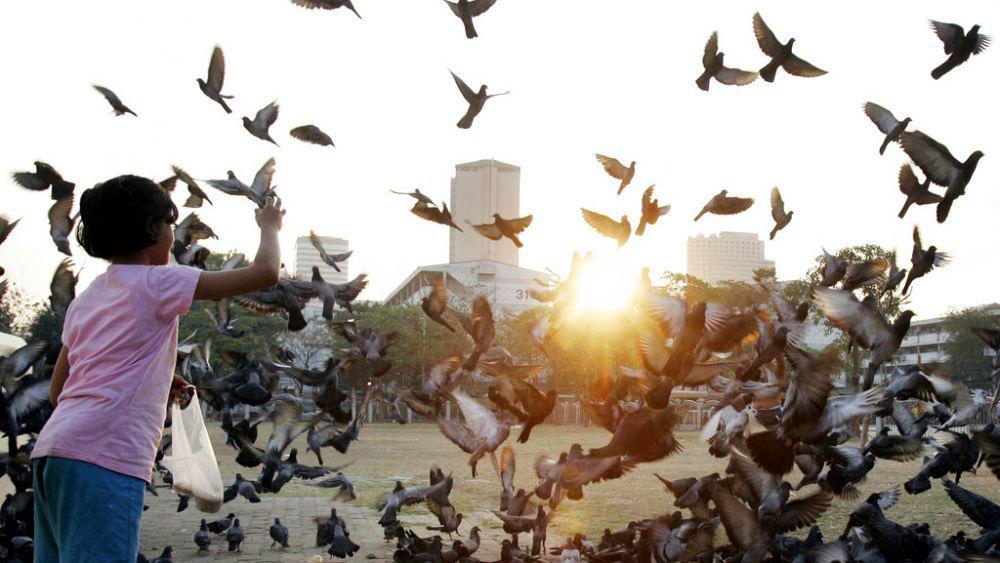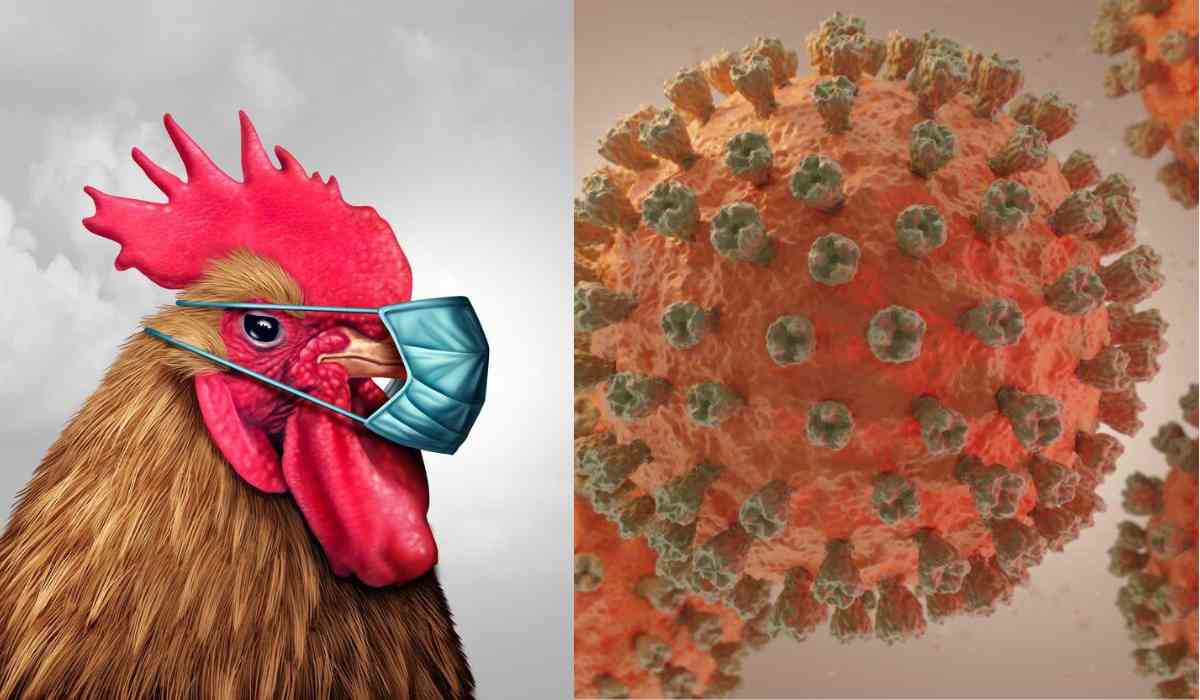The World has finally moved on from the deadly horror created by Covid-19. It is a memory every man on earth wants to forget, from Lockdowns, isolations, mass deaths, Humans have really suffered. However, the danger is not over yet. Experts have raised concerns about the next Pandemic. It's the rapid spread of the bird flu. But, The world is not ready for another Pandemic so soon.
Why is it concerning? The new pandemic is closer than we can imagine, says Experts warning us that a potential death toll far surpasses (10x) that of the Covid pandemic virus. The situation is getting worse to a tipping point where it might start a worldwide pandemic.
Experts Explain Better
During a recent briefing, Pittsburgh-based bird flu expert Dr Suresh Kuchipudi issued a warning because H5N1 flu can infect a range of mammals, including humans, "we are getting dangerously close to this virus potentially causing a pandemic." "We are talking about a virus that is circulating, present worldwide, and has already infected a variety of mammals,we are not really talking about a virus that hasn't made a leap yet. "It's about damn time we get ready," as reported.

John Fulton, the founder of Canada-based BioNiagara and a vaccine consultant for the pharmaceutical industry, says. "If this virus mutates and keeps up its high case fatality rate, it might be 100 times worse than COVID. We can only hope that the [fatality rate] decreases once it mutates to infect humans," as reported by the NY Post.
Recent ‘Bird Flu’ case in Texas
A man from Texas contracted the H5N1 strain of avian influenza, also known as bird flu, from suspected infected dairy cows, as confirmed by The US Centers for Disease Control and Prevention (CDC) on April 1st. The only symptom the patient had was red eyes, which indicates of conjunctivitis. The patient is now in recovery. The patient is receiving antiviral medication and instructions from the CDC to isolate themselves in order to treat the flu.
In addition to Texas, cows in other US states have also been impacted by the bird flu, making this the second human case in the nation following a case that occurred in Colorado in 2022. Doctors, government officials, and researchers studying bird flu attended a press conference where warnings regarding the avian flu were highlighted.

WHO raises Concern
According to World Health Organization (WHO) data spanning from 2003 to February 26, 2024, there have been 887 reported cases of human infection with avian flu across 23 countries globally. Among these cases, 462 resulted in fatalities, indicating a high fatality rate of 52%. In stark contrast, the current fatality rate for COVID-19 stands at less than 0.1 percent.
The WHO underscores that while transmission from cattle to humans is uncommon, human-to-human transmission of avian flu is exceptionally rare. It emphasizes that when avian influenza viruses are present in poultry populations, there exists a risk of isolated human infections or small clusters of cases due to exposure to infected birds or contaminated surroundings, making sporadic human cases an anticipated occurrence.
Recent developments indicate ongoing concerns regarding H5N1 bird flu. The WHO was informed by the national authorities of Vietnam about a case of human infection with the influenza A(H5N1) virus on March 25, 2024.

What is H5N1 flu?
H5N1 flu, also known as avian influenza or bird flu, is a strain of the influenza A virus primarily affecting birds. While it commonly spreads among poultry, it can also infect humans and other mammals, posing a significant threat to public health.
How is it Transmitted? The virus is transmitted through direct contact with infected birds or their droppings, as well as contaminated surfaces or environments. According to Doctors, transmission from human to human is rare but possible. Human cases of H5N1 infection usually occur through direct or close contact with infected birds or their droppings. The virus can also spread through contact with contaminated surfaces or objects.
Avian influenza, or bird flu, is prevalent among wild bird populations worldwide. These viruses have been responsible for outbreaks in both poultry flocks and mammals, posing significant challenges to public health.
Symptoms of H5N1 Bird Flu:
1. Fever: High temperature, exceeding 38°C (100.4°F),
2. Cough:
3. Sore Throat:
4. Muscle Aches: Fatigue
5. Headache
7. Pneumonia: Rapid breathing
8. Acute Respiratory Distress Syndrome (ARDS)
9. Gastrointestinal Symptoms: diarrhoea and vomiting.
10. Bleeding: Extreme Symptom
11. Neurological Changes: Rare, altered mental states.
12. Conjunctivitis
13. encephalitis
14. Encephalopathy

How to Prevent H5N1 Bird Flu?
1. Avoid Bird Contact: Steer clear of poultry markets where the virus might be prevalent, as well as any direct or close contact with sick birds or their droppings.
2. Regular Hand Washing: Make sure to wash your hands frequently with soap and water, especially after handling birds or going to places where the virus may be present.
3. Cook Poultry Totally: Make sure to cook poultry completely to eradicate any virus before consuming it, do not eat any raw meat
4. Wear Personal Protective Equipment (PPE): To lower the risk of infection, wear the proper PPE when handling sick or dead birds.
5. Avoid Travel to Outbreak Area: Keep yourself updated about H5N1 bird flu outbreaks in your area and steer clear of needless travel there.

Overall, antiviral drugs may be recommended to treat H5N1 bird flu patients, even though there is no known cure for the illness. This will lessen the intensity and length of human symptoms. Bird flu cannot be specifically treated because infected flocks are put to death before the virus can spread. People can lessen their chance of contracting the H5N1 bird flu and support public health initiatives aimed at containing the virus's spread by being aware of its symptoms and adopting preventative measures.
Photo Credit: Multiple Sources
(Inputs from Agencies)
©️ Copyright 2024. All Rights Reserved Powered by Vygr Media.




















